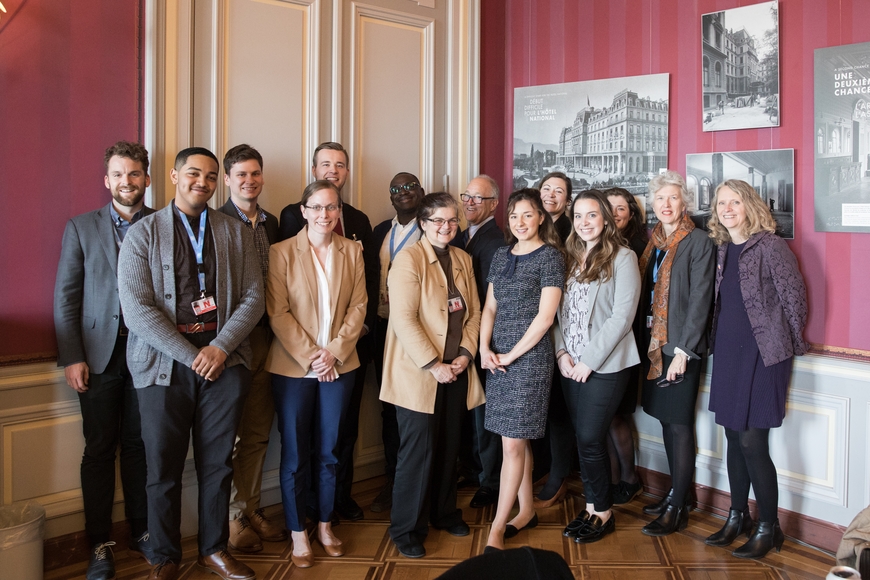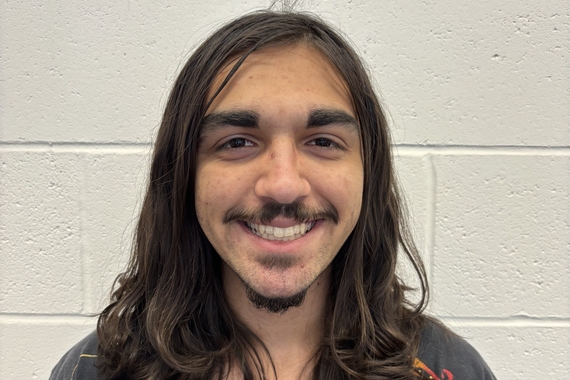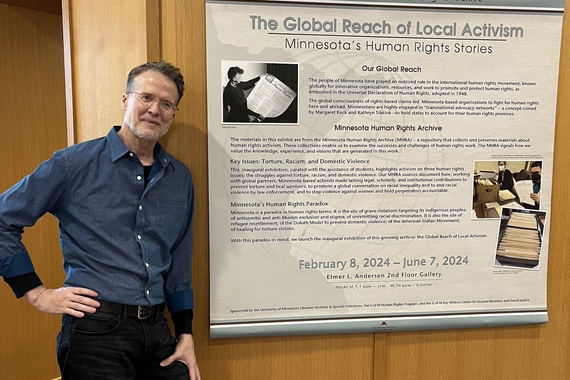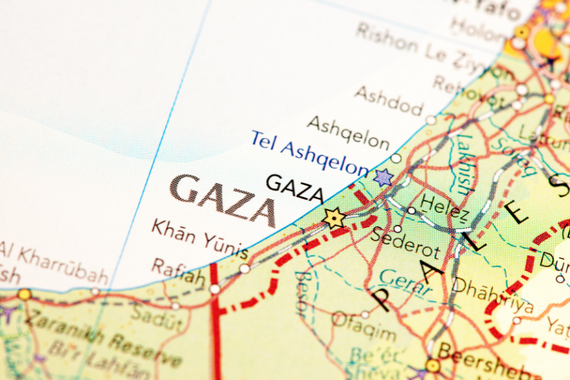University of Minnesota’s Human Rights Delegation: Global Advocacy at the United Nations
A diverse group of faculty and students spent a week at the United Nations to advance their work on a variety of human rights projects. Under the umbrella of the Minnesota Human Rights Model, five educators and ten students pushed for human rights protections related to counterterrorism policies, LGBTQ+ issues, business practices, and gun violence. The UMN delegation showcased the Minnesota Human Rights Lab, a UMN Grand Challenges Research Initiative, in a public event at the Geneva Academy, carried out in connection with the University of Minnesota’s Research Ethics Week.
The UMN group arrived in Geneva on March 1, before major health restrictions had been put in place by European states, but the environment for these human rights discussions changed quickly as the seriousness of the crisis became evident. The UN reduced its agenda for work, but carried on with the Human Rights Council and with state reports to the Human Rights Committee (the treaty body overseeing the International Covenant on Civil and Political Rights).
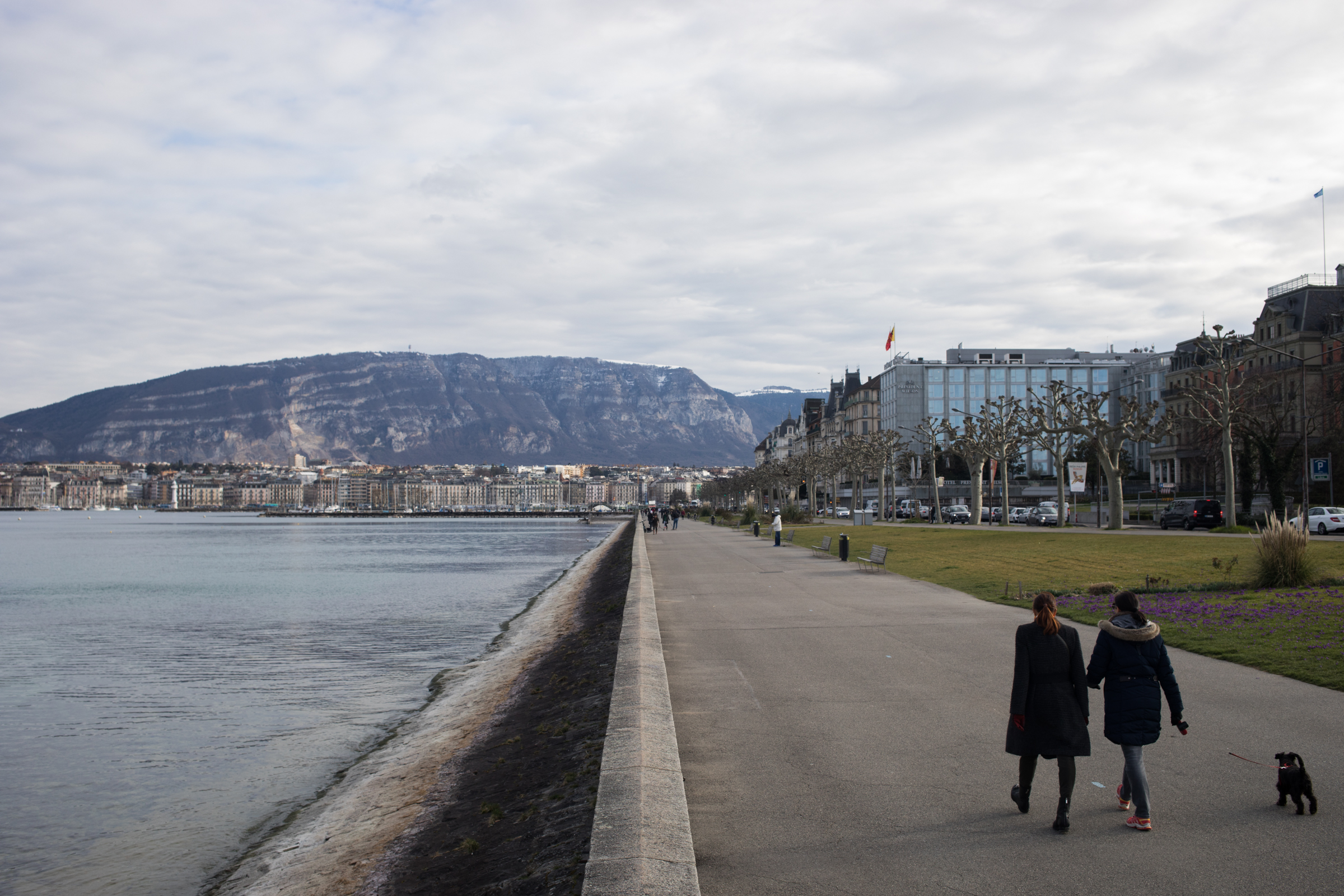
Despite this health crisis backdrop, the delegation managed to carry out its work successfully. Three different teams -- from the Human Rights Program, Human Rights Center and the Human Rights Litigation Clinic from the University -- conducted research and outreach in addition to attending the regularly scheduled meeting of the Human Rights Council.
The collective efforts of this faculty-student group was supported by the Minnesota Human Rights Model. The Minnesota Model is an interdisciplinary initiative to support a series of diverse faculty-student-practitioner partnerships that identify critical challenges to human rights and propose innovative, timely solutions. Drawing on faculty expertise from across the University, and working in partnership with human rights defenders around the world, the project addresses a spectrum of violations, such as incursions on human security, deprivation of basic needs and the denial of justice.
Below are several highlights from the UMN delegation’s week in Geneva:
Undergraduate Mahad Omar sets the scene
With its nearby snow-capped mountains and cooling breezes that bounce off Lake Geneva, it may serve (even feel) as no surprise that the Human Rights Council has been holding its sessions in Geneva, Switzerland since March 2006. There are 47 member states and many more observer states at this year’s 43rd Human Rights Council sessions. There are many more nongovernmental organizations scurrying around the various UN sites to provide reports and attend meetings for the sole goal of furthering the promotion and protection of human rights.
Hundreds of state representatives, NGOs, press and security pack the “Human Rights and Alliance of Civilizations Room” of the Palais des Nations, recording and listening in on thematic human rights topics such as privacy, protection of human rights defenders, freedom of association and freedom from torture. At each seat, attendees can listen to translations of reports and comments given in any of the six official languages of the UN through an earphone, thanks to translators who work full time to provide simultaneous interpretation. It is here, under stalactites of various brilliant colors, that the Council convenes to strengthen human rights globally.
Ethics in Action
Faculty and students shared their reflections at a roundtable held at the Geneva Academy of International Humanitarian Law and Human Rights. Three faculty and two students discussed the particular ethical challenges and strategies that arise when pursuing academic and policy work from the University space with different types of external partners working in difficult human rights and/or post-conflict spaces.
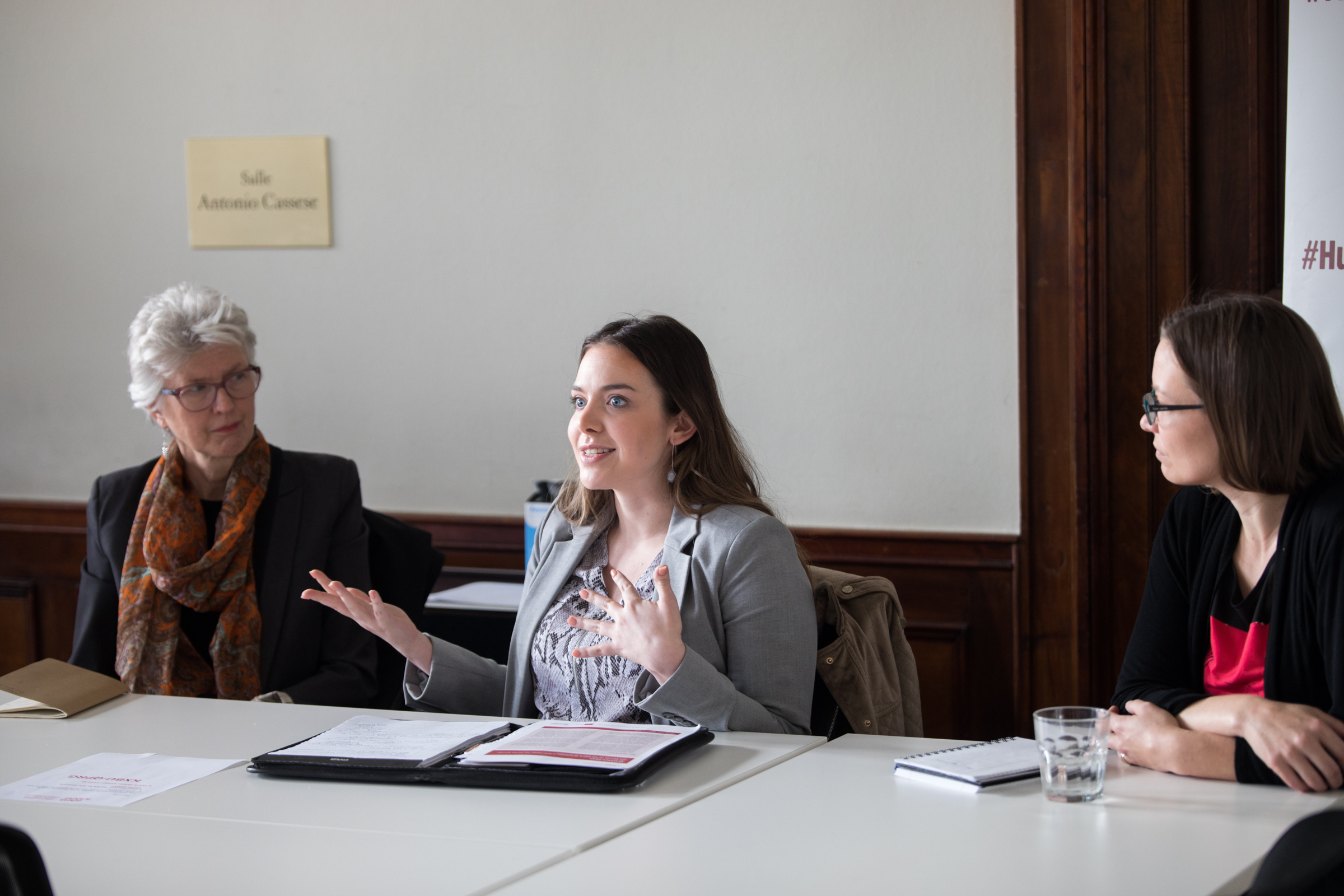
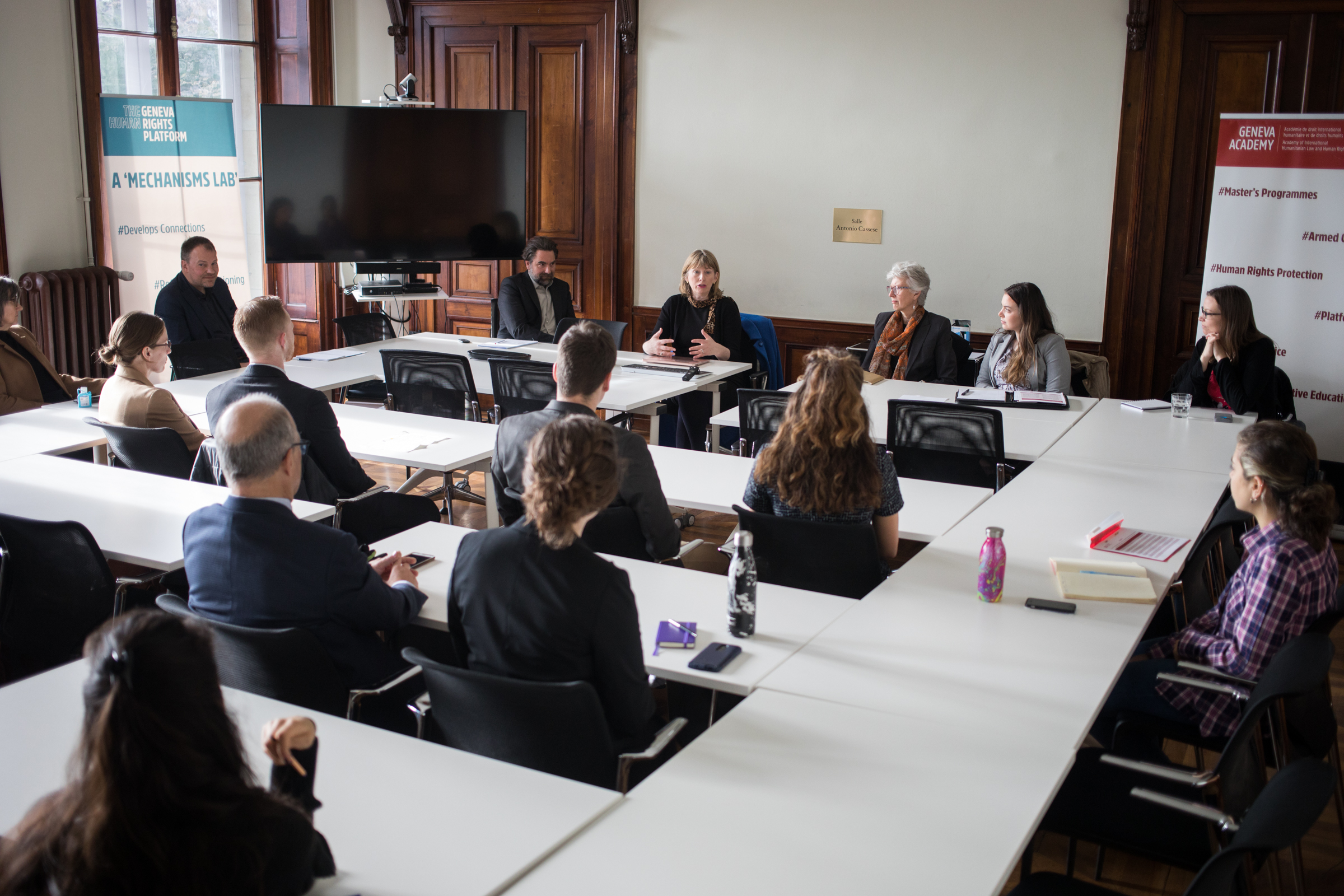
Counterterrorism and Human Rights
A highlight of the week was the annual report of University of Minnesota Law Professor, Fionnuala Ni Aolain, who serves as the United Nation’s Special Rapporteur on counter-terrorism and human rights. In her 2020 report, the Special Rapporteur explained the human rights impact of policies and practices aimed at preventing and countering violent extremism, or “CVE.” Her report noted the lack of precise legal definitions of extremism and violent extremism and the widespread abuses of human rights that that produces. She explained how CVE was used to target particular religious or minority groups, and noted the lack of meaningful consultation with and participation of communities targeted by CVE measures. Professor Ni Aolain also brought to light the commodification of women and girls to advance policy aimed at preventing and countering violent extremism, identifying multiple ethical concerns.
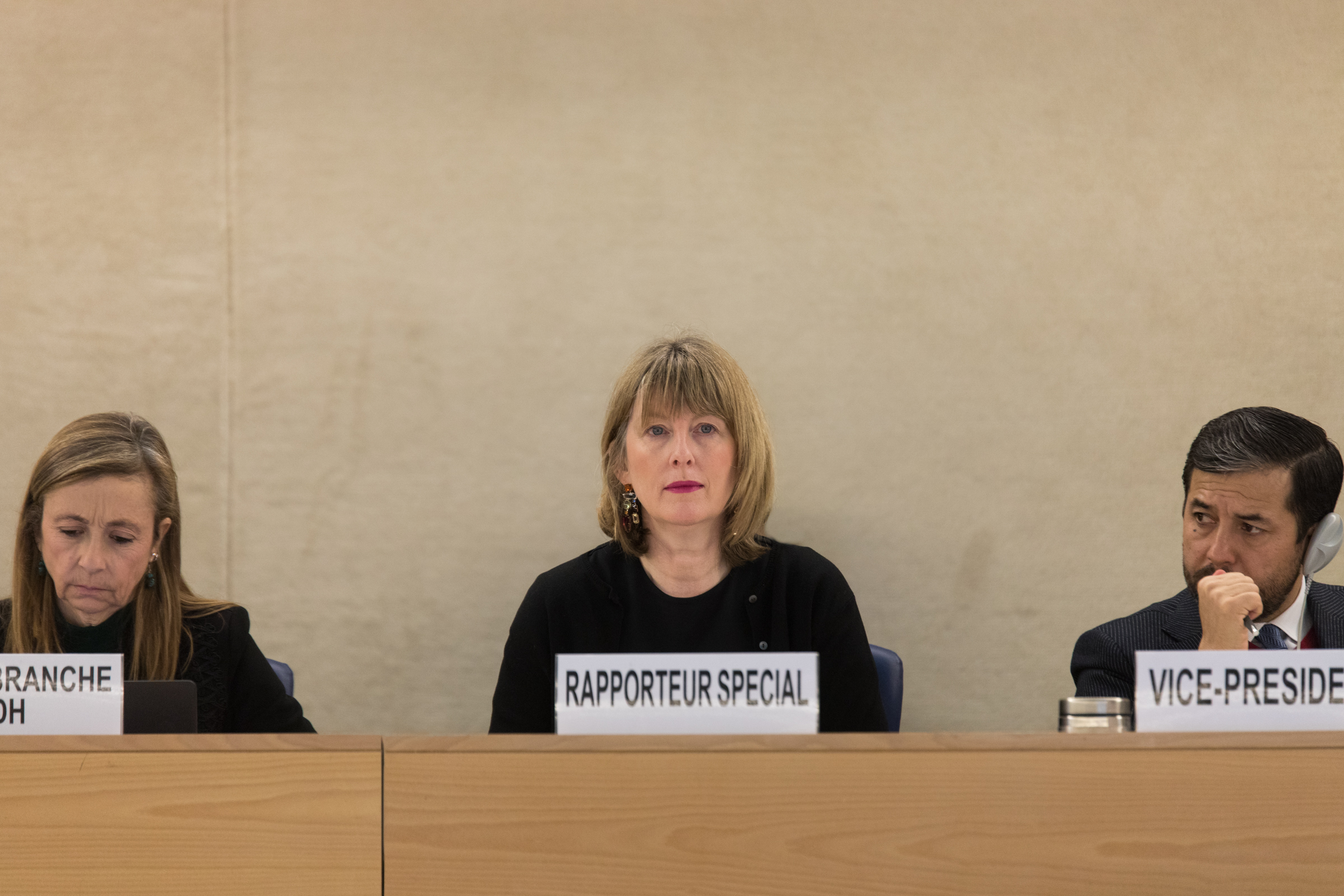
Gun Violence and Human Rights
Barbara Frey and her team used their time in Geneva to interview experts to get updates on the UN’s policy work on the issue of gun violence and human rights. Dr. Frey, who served as special rapporteur on this issue, continues to write about the need for international standards that promote safe gun policies and protect people from preventable gun violence. Frey was interested in getting updates on the Arms Trade Treaty and on the work of the UN Human Rights Council, especially on the report it requested on civilian acquisition, possession and use of firearms.
Tackling LGBTQIIA+ discrimination
The Human Rights Litigation Clinic accompanied their Kenyan partner organization in several meetings focused on the protection of the LGBTQIIA+ in that country. Both students and faculty of the clinic were able to raise their concerns with several essential UN human rights leaders and to highlight the plenary of the Human Rights Council.
The delegation met with representatives of the UN human rights system, the international Labor Organization, and international advocacy organizations to share information and strategies. This is in addition to working on a project alongside University of Minnesota Law Professor Jennifer Green to research Global Business Standards for tackling LGBTQIIA+ discrimination. They were joined by Alum, HRC donor, and advocacy partner Charlie Rounds of Mossier and ORAM.
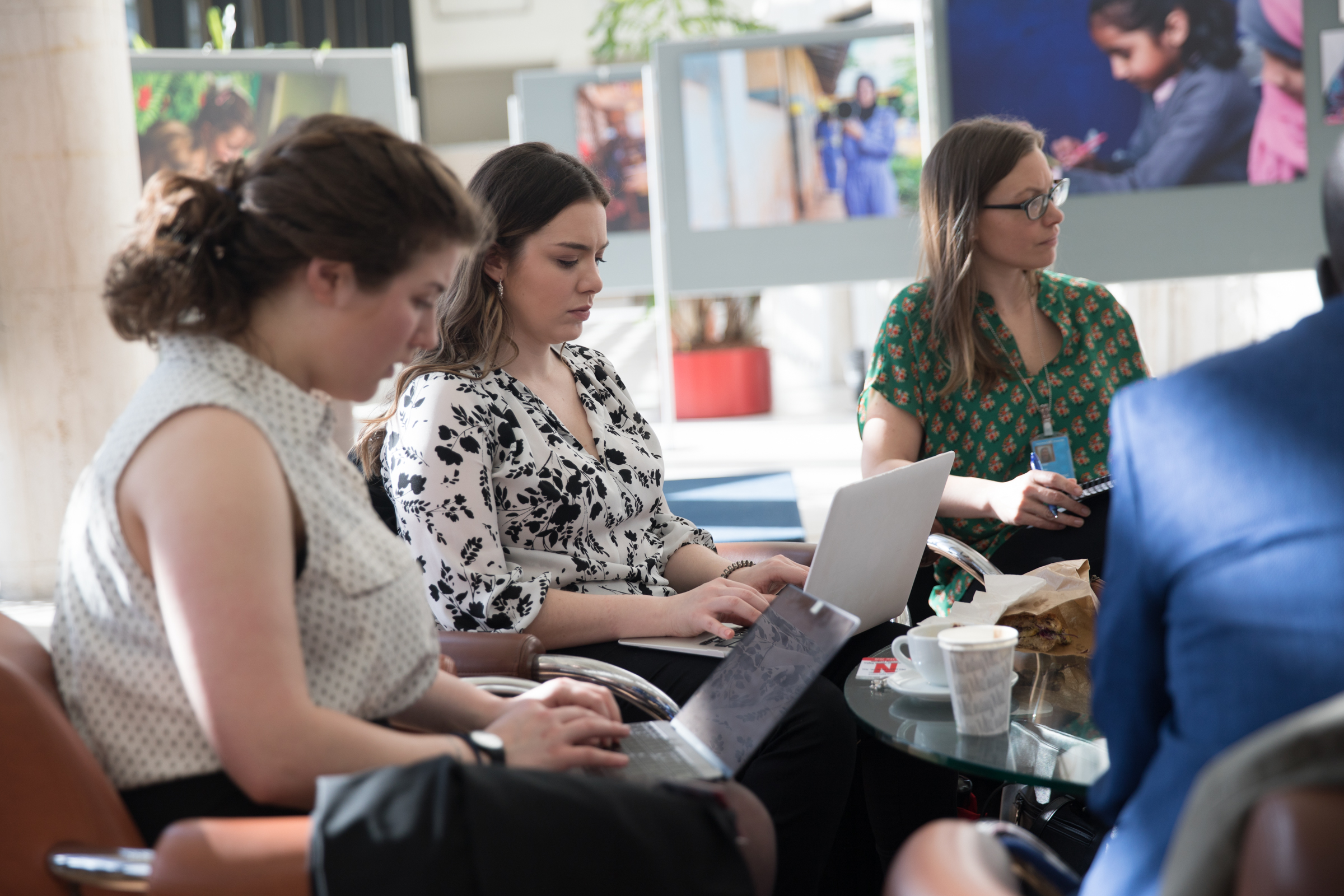
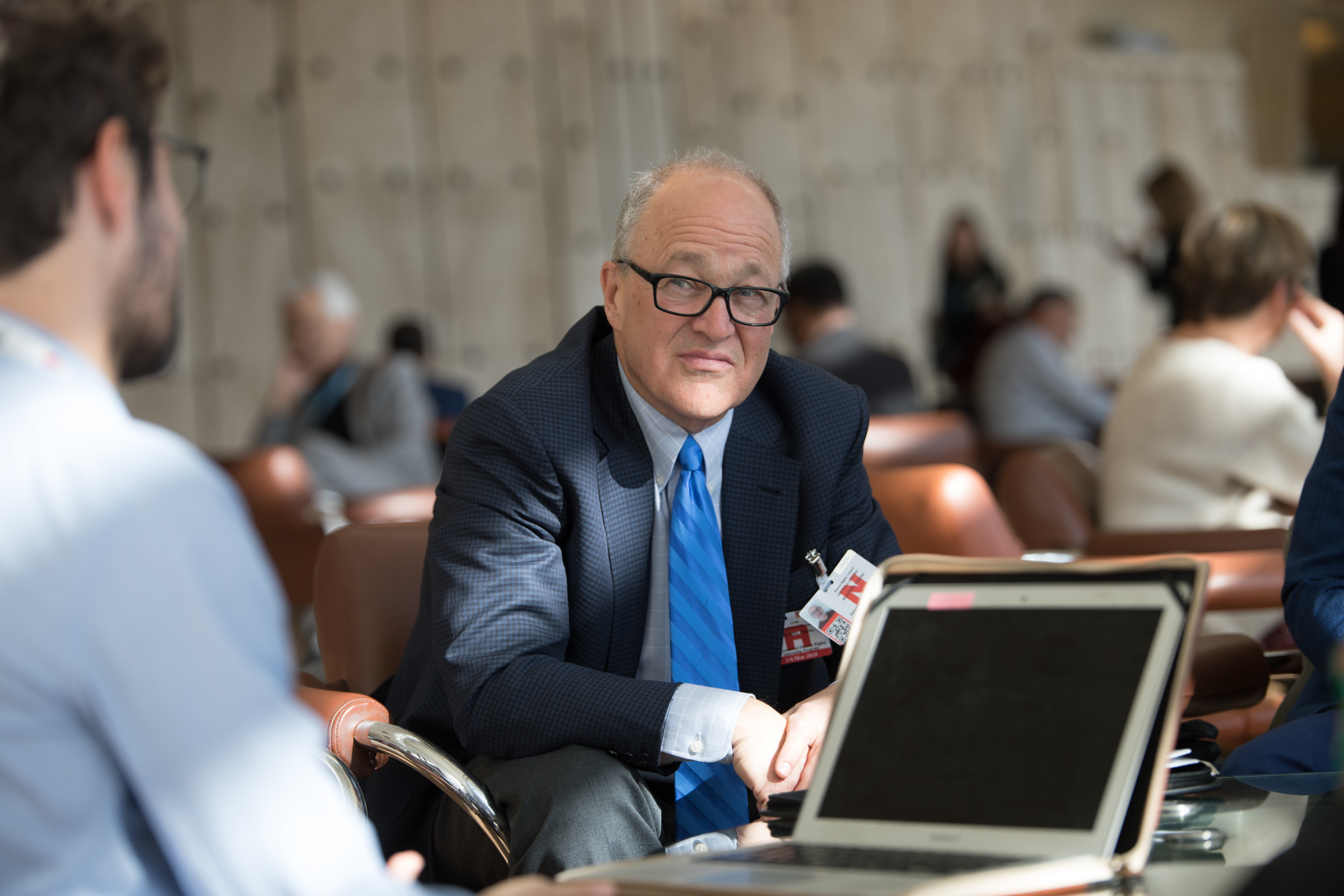
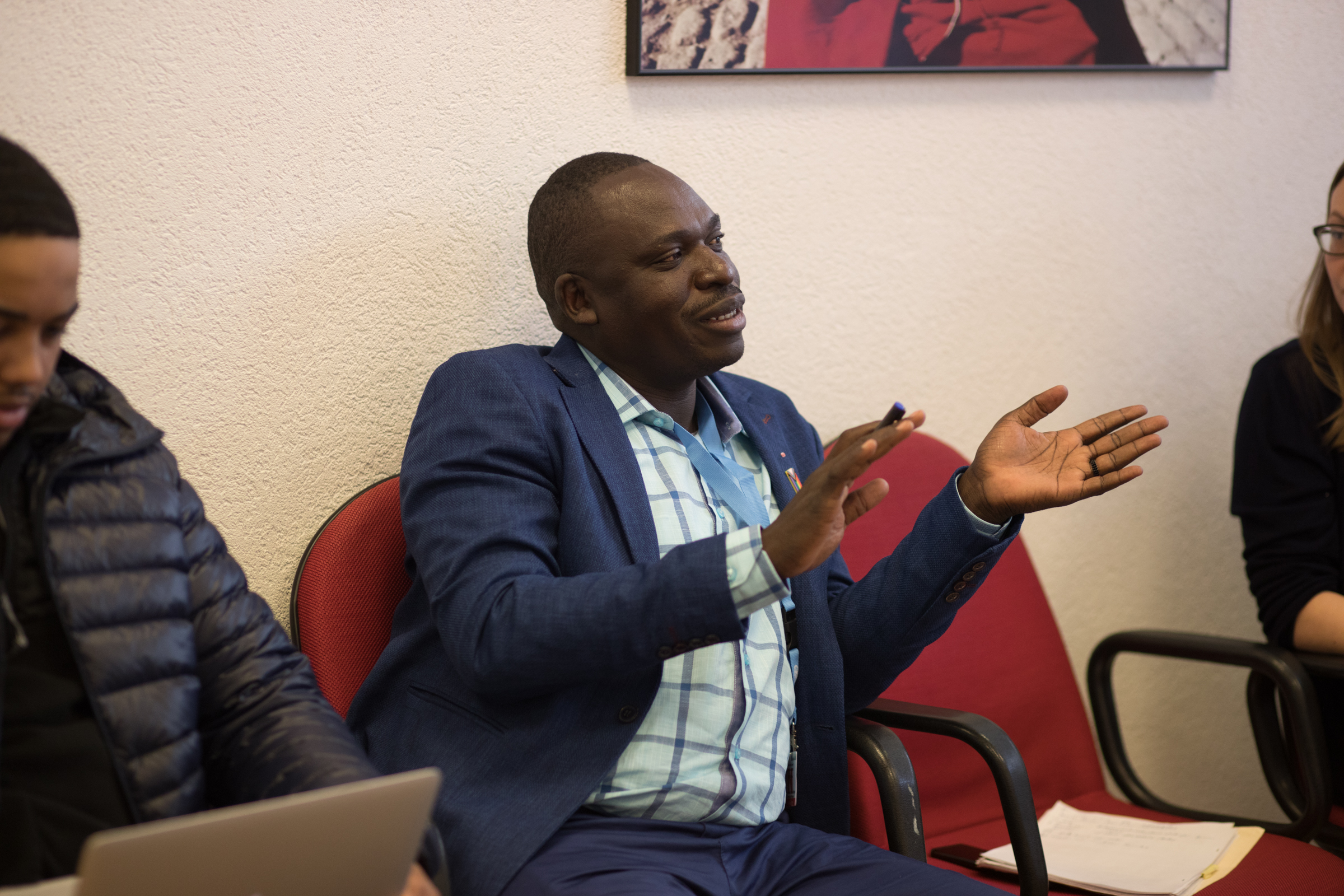
Expanding research opportunities
The UMN human rights group organized meetings with staff members of the Office of the High Commissioner for Human Rights, to continue to build upon collaborative research opportunities. This collaboration builds upon the experience of the research group led by UN expert, Todd Howland, during his 2019 stint as a visitor with the Master of Human Rights Program. Howland, now the Chief of the Development, Economic and Social Issues Branch of the OHCHR, hosted a meeting with his staff and UMN faculty to build connections between human rights researchers in the UN and the academy.
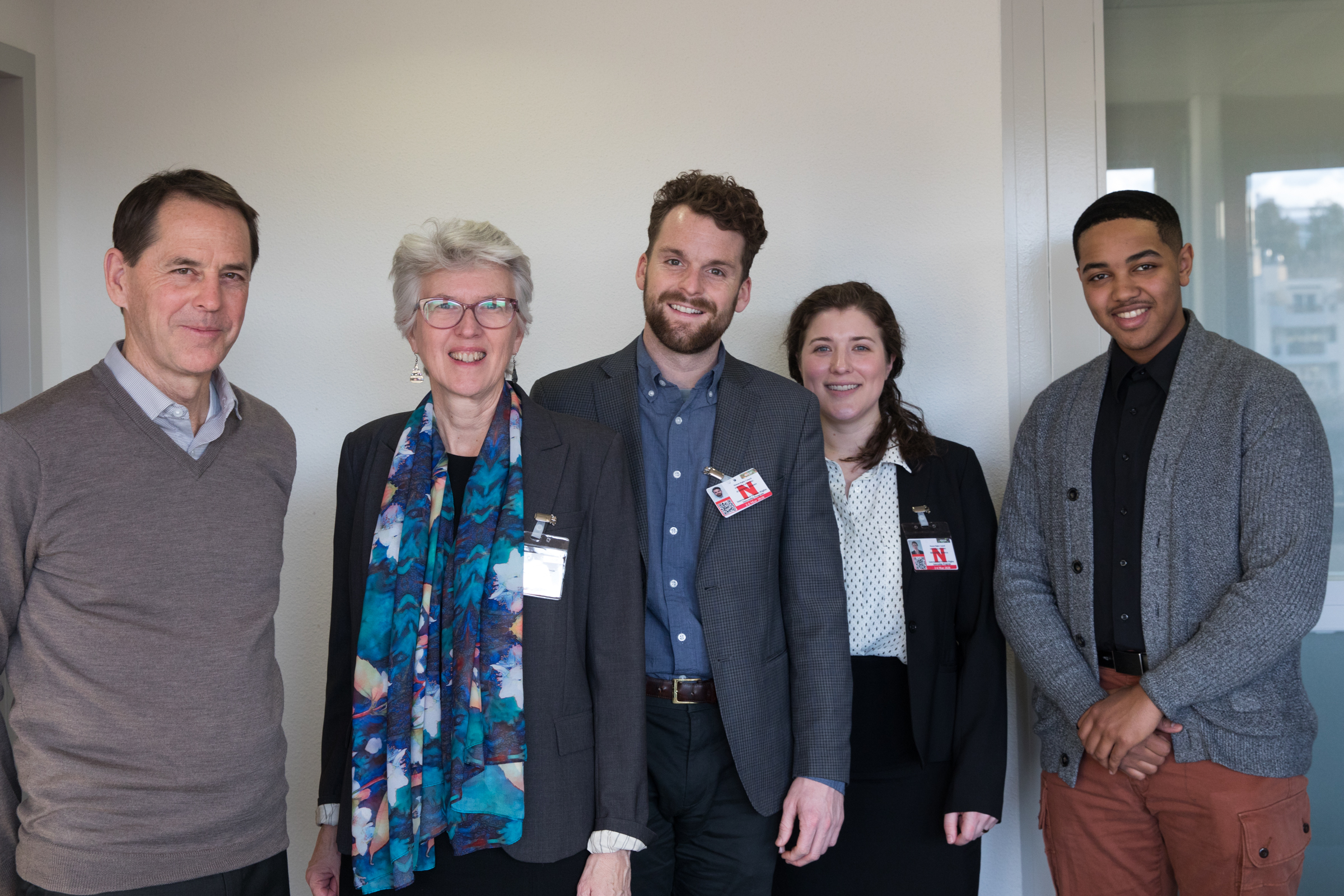
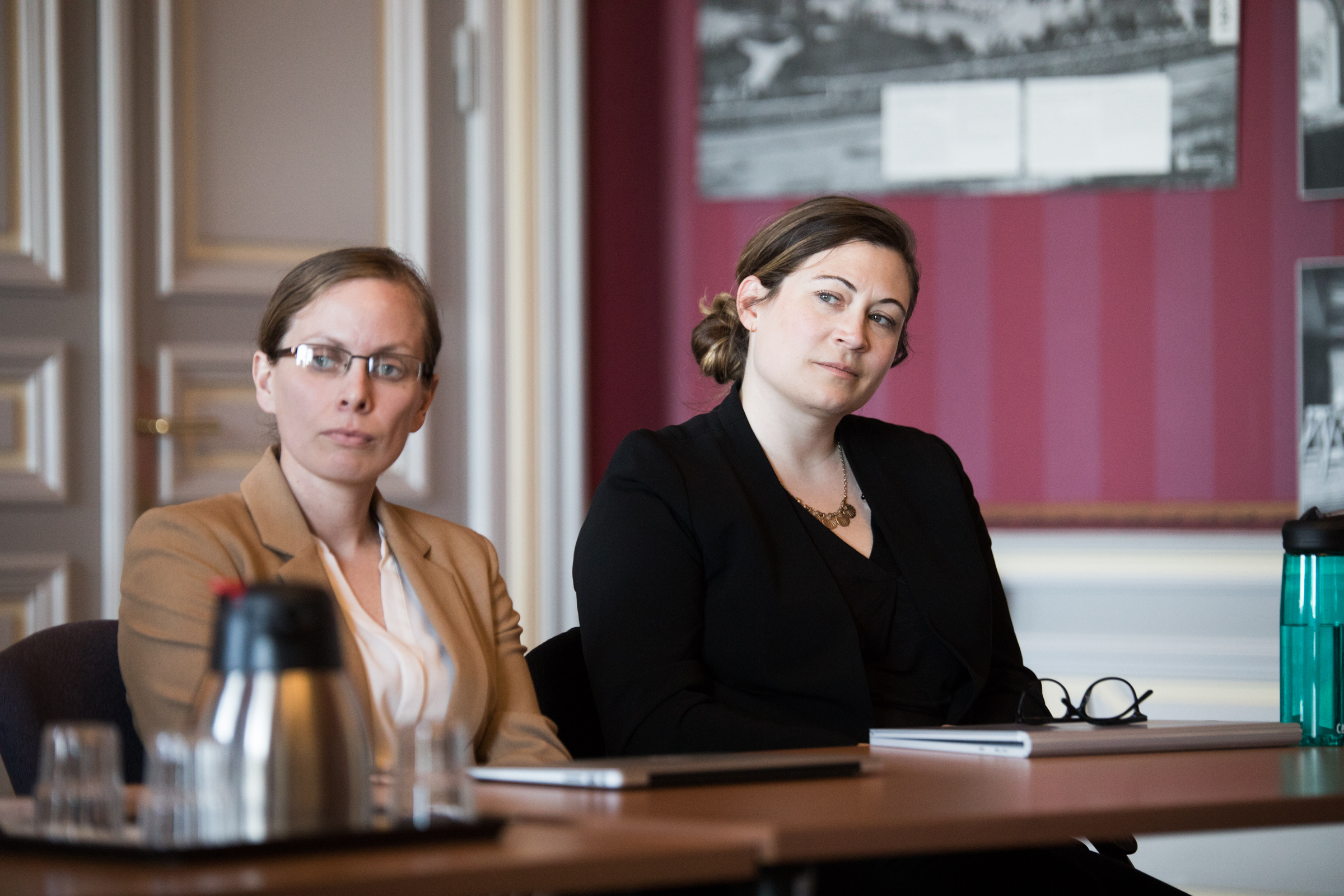
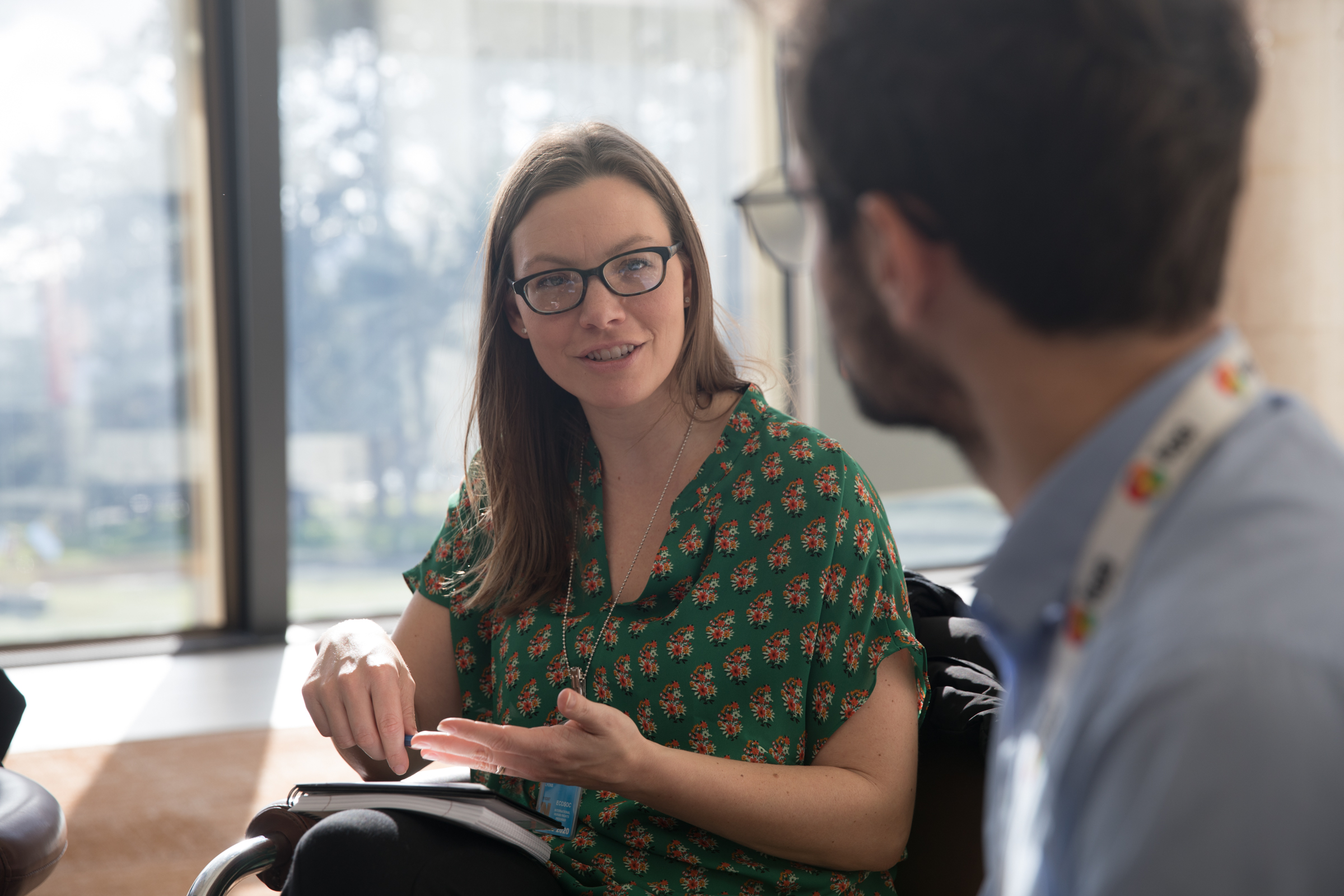
According to one of the delegation’s leaders, Amanda Lyons, “After all the work that we’ve done to grow and maintain our vital ties within the United Nations human rights system, we can approach advocacy and human rights work armed with our now stronger, and globally tested tools.”
